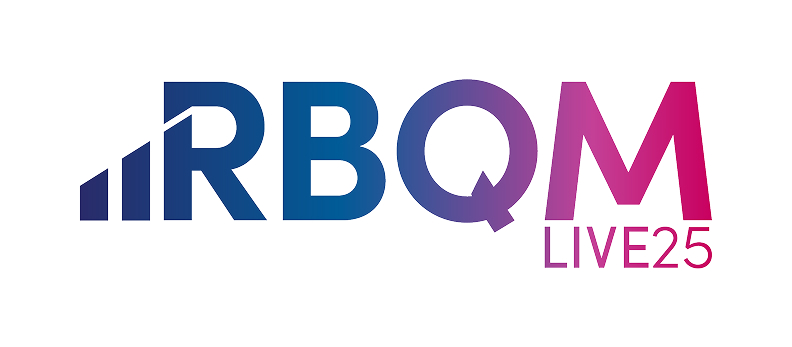This content was originally posted on Applied Clinical Trials on March 18, 2019
One of the most significant positive changes we have seen recently is the endorsement of ICH E6 (R2) which insists that Sponsors and CROs adopt a risk-based approach to study execution. This paradigm shift in the industry ensures that Sponsors undertake risk assessment during pre-study start-up, implement risk controls and take corrective action during study conduct and keep a full, auditable log of everything that has been done, by who, when and why. What started as an initiative called Risk-Based Monitoring several years ago is now evolving into Risk-Based Quality Management of Clinical Trials with a much wider impact to the Pharma Industry.
- Regulatory changes have impacted the industry forcing organizations to re-examine the mechanisms for maximising clinical trial data quality
- The way in which organizations are structuring themselves is changing
- Pharma organizations are responsible for the quality of data collected through clinical trial execution even when outsourced to a Contract Research Organization (CRO)
- Clinical data is now collected from increasing numbers of data sources
As the industry moves to implement Risk-Based Everything (RBX) – a more holistic risk-based approach to quality management – targeted risk management offers the following benefits:
- Data surveillance exposes issues sooner, with associated communication mechanisms allowing all stakeholders to manage perceived and actual issues to a documented resolution
- Progress new drugs sooner through development and approval then onto the market with the minimum of operational delays (at least 25% of new drug submissions fail first cycle review due to data quality issues)
- Enables Sponsors to comply with guidance including giving complete oversight of partners
Technology is making it simpler to collect pre or post-marketing ‘clinical’ data utilizing apps, sensors, wearables and the ever burgeoning ‘Internet of Things’. Today it’s easy to generate ‘data’ on an unprecedented scale that could be valuable in bringing a new drug to market or allow better targeting and utilization for an existing one. While experts predict a long road ahead and many challenges before Pharma evolves from solely being drug providers to being part of the patient solution in collaboration with other stakeholders, a proactive attitude is the only way forward. Integrating RBX software into clinical trials will enable Sponsors and CROs to achieve positive results in terms of significant cost and efficiency savings, as well as giving piece of mind that the data is accurate and conforms to Industry regulations.
A faster adoption of ICH E6 (R2) is needed to ensure compliance with the new regulations and drive much greater efficiency into the clinical trials process. We firmly believe that the comprehensive and independent interrogation of all data using a statistically-driven approach will be a component of every clinical trial in the next three years.
In today’s multifaceted healthcare arena, connectivity, collaboration and cross-functional working has never been more important. This is especially true when it comes to stakeholders. The fundamental goal must always be putting the patient first and the responsibility lies with everyone involved in the Industry, including physicians, payers, providers, policy makers, partners, regulators, and shareholders. How can this be achieved? Those responsible for the delivery of quality in clinical trial execution and the collection of the highest quality data to support development need unified technology solutions that can provide clarity to the management and minimization of risk.



